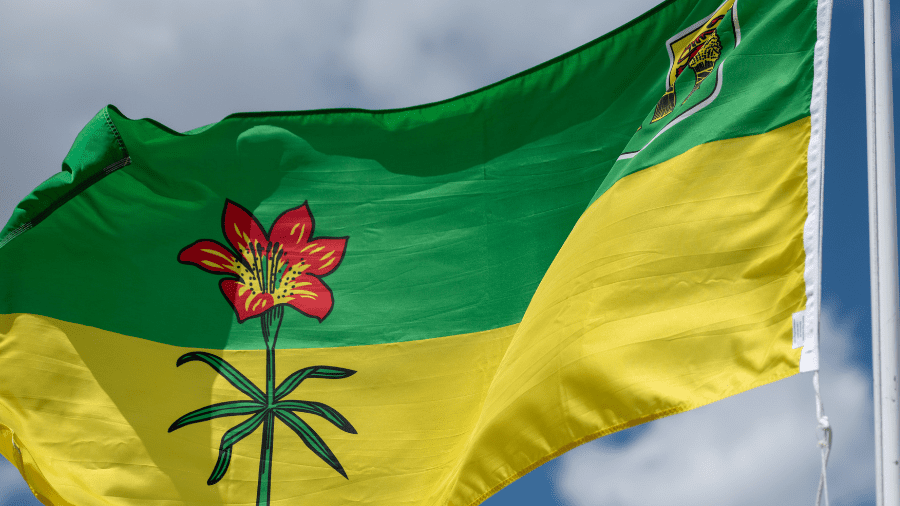This article originally appeared in the Globe and Mail.
By Ken Coates, August 8, 2023
Mining has become one of Canada’s frontlines in terms of reconciliation. After feeling excluded from earlier resource booms, First Nations and Métis want in on the modern-day gold rush that is the quest for lithium, cobalt, uranium and other critical minerals, and are rightly demanding hard equity from lucrative resource projects on their traditional lands.
And the potential rewards are high. Globally, Chinese-based interests own or control many of these resources essential for manufacturing EV batteries, solar panels, smartphones and other products in a world hooked on technology. As mining companies scour the planet for new deposits, seeking to bring more of these resources into production, it’s become a race where the first mines into production will secure large contracts. (The urgency sires many scenarios, from companies returning to reprocess old tailing ponds, to illegal mining that has devastated African landscapes.)
In Canada, such haste is not a common characteristic when it comes to economic development. Canadian firms are among the most technologically capable in the world, and Canada provides substantial financing for mining exploration and production, exporting both its expertise and its experience with community engagement. But domestically, the country’s environmental and social assessment policies invariably slow the journey from discovery to commercial production.
The province of Saskatchewan, however, has nurtured one of the world’s more receptive mining environments, as evidenced by its successful potash and uranium mines. The business community is technologically sophisticated and highly responsive, and several properties – particularly those run by Cameco and Areva in northern Saskatchewan – maintain impressive collaboration with regional First Nations and Métis communities. Saskatchewan’s economy, too, has become largely supported by oil, gas, uranium and potash.
But now a potential political storm looms there, with Indigenous people and their leaders – who have an assured place in Canadian mining, based on treaties and Supreme Court decisions on the duty to consult and accommodate – saying that the transfer of control over natural resources via the 1930 Natural Resources Transfer Act ignored treaty rights and other legitimate Indigenous interests.
The provincial government says that it and the mining companies are bound by existing laws. In Saskatchewan, this has come to mean that Indigenous “engagement” commences when a promising property has been identified and a company wishes to move toward production. This, they argue would bring communities benefits including employment, training, business opportunities and other collaborative possibilities.
Indigenous leaders want more than “token” jobs or support contracts at billion-dollar operations on treaty lands – they want in on mineral development, and on their terms. They want full life-cycle engagement, from permits through approvals to operations; they want investments in the companies and projects themselves, and legitimate financial returns. In short, they’re talking about parity and shared ownership of the resources themselves, and in this boom, First Nations and Métis leaders have made clear that their expectations are immovable.
“We are willing partners, willing to do business. We aren’t the boogeyman. But we won’t sit back,” Thunderchild First Nation Chief Delbert Wapass, the only North American First Nations leader invited to last month’s critical minerals roundtable in Washington, told the CBC. “This new gold rush will not happen without us.”
The 21st-century economy needs a rapid infusion of critical minerals, and an increase from our current production; it will also require a concerted effort to break China’s near-monopoly on these resources. Indigenous people need to be part of that effort. Done properly, a renewed approach could accelerate development, providing stability for companies, solid returns for government and a realistic shot at long-term prosperity for Indigenous peoples.
Importantly, there is a dialogue taking place to try to make this possible. Indigenous peoples are not trying to derail successful development or stop substantial returns from going to the provincial treasury. Mining companies and the Mining Association of Canada have demonstrated their support for Indigenous aspirations, including a commitment to the United Nations Declaration on the Rights of Indigenous Peoples.
This has been a long time coming, and the Saskatchewan government would do well to embrace this opportunity for collaboration and accept the offer of partnership extended by Indigenous leaders. Resisting this outreach will only lead to greater conflict, delays and lost opportunities for all of Saskatchewan and Canada.
Ken Coates is a senior fellow at the Macdonald-Laurier Institute and a faculty member at Yukon University.






